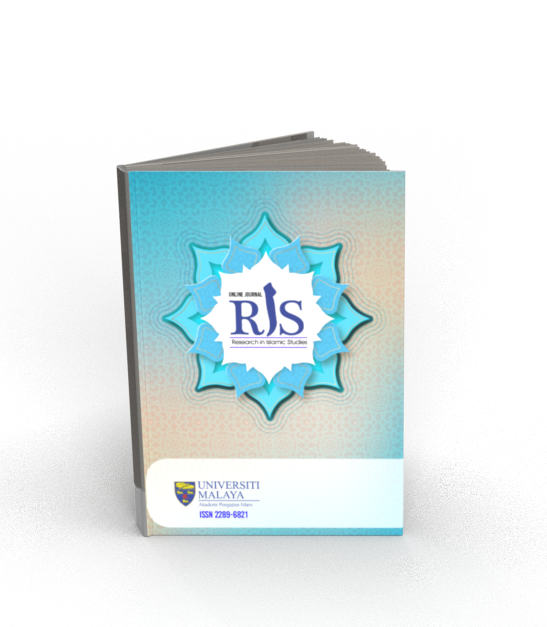Main Article Content
Abstract
Poverty is a global challenge that affects various aspects of life including family management. Rural poor families often face complex management issues such as limited economic resources, restricted access to quality education, inadequate housing, and heightened social pressures that further exacerbate existing stress and conflict, thereby disrupting family functioning and overall well-being. Previous studies have indicated that a spiritual approach that fosters inner strength is needed to help these families overcome such challenges, improve their quality of life, and achieve holistic well-being. Therefore, this study aims to explore the role of mujāhadah in addressing family management issues among rural poor families. A qualitative research design was employed, involving in-depth and comprehensive analysis of journal articles, books, written documents, and other academic sources to identify key issues faced by rural poor families and examine how the mujāhadah approach can offer concrete solutions. The findings reveal that mujāhadah not only strengthens spiritual resilience but also encourages physical actions such as striving for lawful sustenance, cultivating self-discipline, and fostering positive social environments. This approach has been proven to build biopsychosocial resilience and instill consistent self-awareness, thereby enabling poor families to break the cycle of poverty. The paper proposes that the mujāhadah approach be systematically integrated into rural family development programs, particularly to strengthen inner resilience, enhance biopsychosocial endurance, and empower the self-motivation of poor families to sustainably escape poverty.
Keywords
Article Details
Copyright (c) 2025 Online Journal of Research in Islamic Studies

This work is licensed under a Creative Commons Attribution-NonCommercial 4.0 International License.
Copyright Notice
By submitting manuscripts to the Online Journal of Research in Islamic Studies (RIS), authors agree to transfer copyright to the journal. However, authors may republish their work or grant others permission to republish it; in which case it should be accompanied by a proper acknowledgment that the work was originally published in the Online Journal of Research in Islamic Studies (RIS). The journal adopt CC-BY-NC licence which authors may also share and distribute their article anywhere of non-commercial website, social media and repositories immediately on publication.
Authors may also reuse the Abstract and Citation information (e.g. Title, Author name, Publication dates) of their article anywhere at any time including social media such as Facebook, blogs and Twitter, providing that where possible a link is included back to the article on the journal site.
